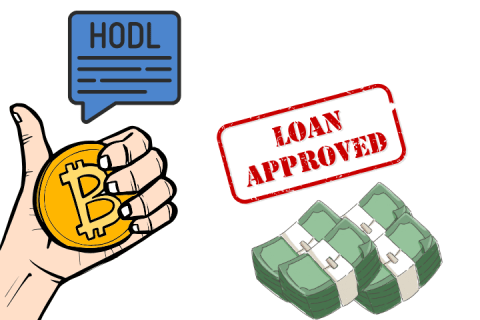ESG: Heaven or Hell?
Is ESG an efficient way to categorize good companies or an outrageous scam to upend capitalism?

Identify Good Companies?
It is the fastest growing sector of investing that will help identify good companies that are careful and fastidious about their environmental, social and corporate governance issues, including how well they treat their employees. Companies with “good” scores are rewarded with lower lending rates, better bond ratings and the attention and admiration of a broad base of investors. Ultimately, companies will act more virtuously and society will benefit from the increased attention and transparency.
Evil Incarnate?
It is evil incarnate. An “outrageous scam” according to Elon Musk. The purposes are to upend capitalism and society through a subjective, centrally-controlled global entity comprised of partisan, faceless activist groups, government agencies and corporations acting in the shadows to indiscriminately choose tactics such as de-platforming, stopping banks and other financial institutions from lending and cutting off financial services to the non-compliant and other political adversaries.
The politicization of all things is inevitable, and BankerAdvisor will leave it to individuals to decide if ESG (environmental, social, and governance) funds and initiatives are heaven, hell, or something in between.
SEC Asks for More ESG Information, Fines Bank Over Claims
The Securities and Exchange Commission recently approved two proposals that aim to give investors more information about ETFs and funds that market their holdings as ESG friendly. Green or sustainable investing has been a boon to Wall Street with assets in funds that claim to be ESG conscience have reached nearly $3 trillion up from less than $1 trillion two years ago, according to Morningstar.
ESG funds typically charge higher fees, and regulators have struggled to keep pace to stop unscrupulous behavior including misleading marketing of ESG funds. There is little defined consistency in what an ESG fund is.
The investment management arm of Bank of New York Mellon Corp. recently agreed to pay a $1.5 million fine for claims it made about ESG funds. The SEC said that BNY Mellon Investment Adviser Inc. failed to go through a quality review of ESG factors from July 2018 to September 2021.BNY neither admitted or denied the claims.
While standards and guidelines remain unclear, the SEC is clear in their objective. “What we’re trying to address is truth in advertising,” SEC Chairman Gary Gensler told reporters in a press conference after the vote.
The Wall Street Journal reported, “Some ESG fund managers only buy stocks of companies they believe to already have a small carbon footprint, while others might invest in firms that have publicly committed to doing better. Another strategy involves building a stake in a chronic polluter in hopes of winning seats on its board or forcing proxy votes that pressure the firm to change its ways. The ambiguity has led to widespread concern among investors and regulators that the banks and asset managers who sell funds are “greenwashing,” or exaggerating, their environmental or social sustainability to bolster their own revenue.”
What’s in a (Fund) Name?
One SEC proposal includes the “Names Rule” to cover funds that market a focus on certain industries, investment types or geographies that are ESG friendly. Under old rules, a fund must invest at least 80% of its holdings in those assets. The SEC is thinking of expanding the Names Rule to ensure ESG investing is the primary consideration, rather than a nod to broad objectives, including the disclosure of actual greenhouse-gas emissions produced by companies in a fund’s portfolio.
“When it comes to ESG investing, though, there’s currently a huge range of what asset managers might disclose or mean by their claims,” Mr. Gensler said. “People are making investment decisions based upon these disclosures, so it’s important that they be presented in a meaningful way to investors.”
What those disclosures are and whether they are meaningful or not remains to be seen.



